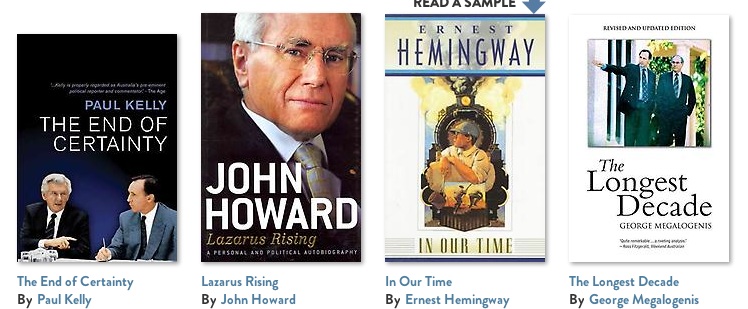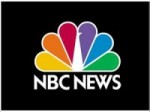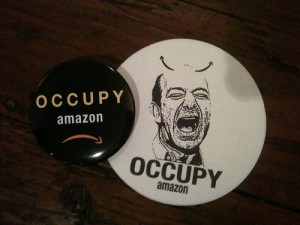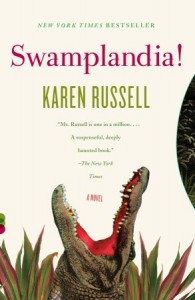Amazon Gains New Data Source
Friday, March 29th, 2013Now that Amazon has announced they are buying Goodreads, speculation is growing about what this means. Below are a few signal reactions:
Interview with Goodreads CEO Otis Chandler and Amazon’s VP of Kindle content, Russ Grandinetti, on paidContent raises many of the questions that people are asking, although answers are mostly variations of “we don’t know yet” and assurances that things will remain the same (the headline “First Do No Harm” comes from Grandinetti’s response to the question of whether Amazon reader reviews will migrate to Goodreads, “Our mentality here is to first do no harm, and make sure that if we’re going to do integrations, users genuinely find it to be a big benefit.”)
Tim Spalding, creator of Goodreads competitor, LibraryThing writes on his blog that he’s been “wanting for this forever” and expects publishers and readers will defect from Goodreads to LibraryThing
ShelfAwareness rounds up industry reactions
So far, we haven’t heard whether Goodreads members are concerned that Amazon may soon own their content.







 American
American
